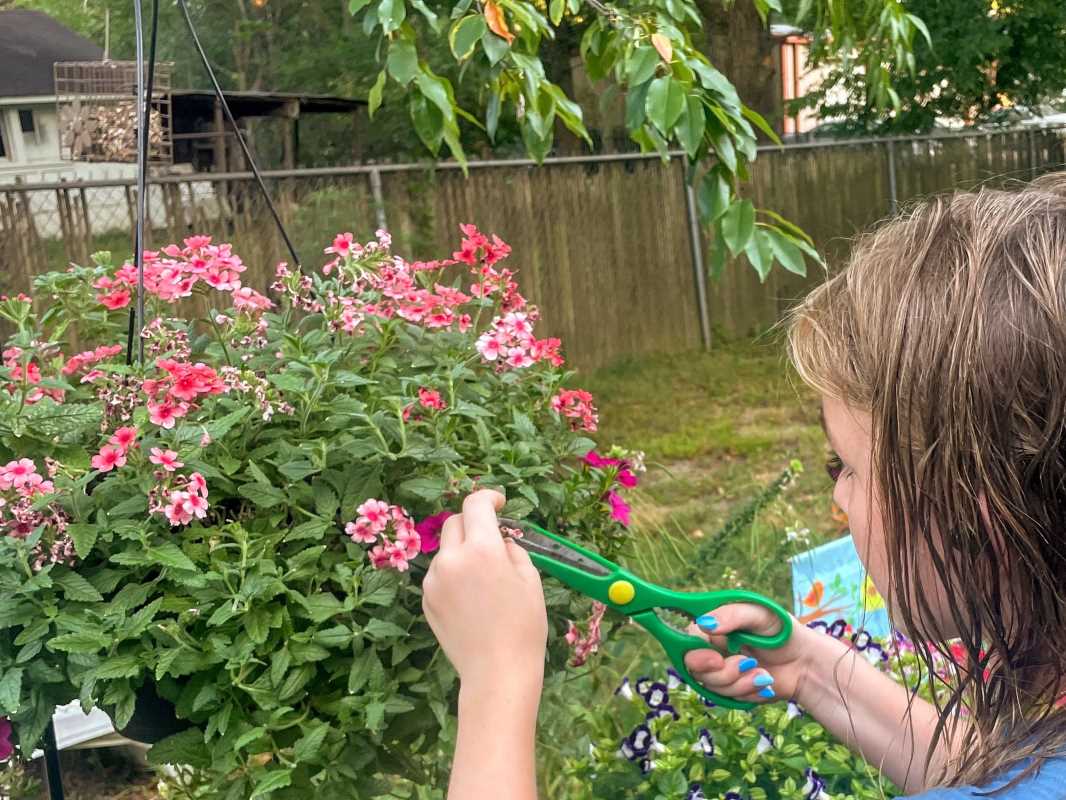Family traditions are more than just rituals and routines; they are the threads that weave together the tapestry of family life, shaping a child's emotional development in profound ways. These shared experiences, passed down through generations, create a sense of belonging, security, and stability, providing a foundation for emotional growth and resilience.
1. Forging Bonds: Strengthening Family Connections
Family traditions offer a unique opportunity for children to forge strong and lasting bonds with their loved ones. Whether it's a weekly game night, annual holiday celebrations, or the excitement of a yearly vacation, these shared experiences create a sense of unity and belonging. The act of participating in these traditions fosters open communication, empathy, and social connection – skills vital for navigating the complexities of interpersonal relationships.
These traditions also provide a safe space for children to express themselves, share their thoughts and feelings, and learn from their relatives. The shared laughter, stories, and memories created during these times strengthen family bonds and create a sense of belonging that children carry with them throughout their lives.
2. Roots and Wings: Cultivating Cultural Identity
Family traditions often serve as a conduit for cultural heritage, passing down customs, rituals, and practices that connect children to their roots. Celebrating cultural holidays, preparing traditional meals, sharing stories of ancestors, or learning a traditional dance or craft allows children to develop a strong sense of identity and belonging within their cultural context.
This sense of connection to their heritage fosters a sense of pride, self-esteem, and confidence. It provides children with a framework for understanding their place in the world and appreciating the diversity of human experience. By embracing their cultural identity, children gain a sense of belonging to something larger than themselves, which contributes significantly to their emotional well-being.
3. Safe Harbor: Providing Emotional Security
The consistency of family traditions provides children with a sense of predictability and routine, creating a safe harbor in the often unpredictable world around them. Knowing what to expect from these rituals offers comfort and reassurance, especially during times of stress or transition. This predictability helps children regulate their emotions, reduce anxiety, and develop coping mechanisms for dealing with uncertainty.
Family traditions act as an anchor, providing a sense of stability and continuity that allows children to navigate life's challenges with greater confidence and resilience. The familiar rhythms of shared meals, bedtime stories, or holiday gatherings create a sense of safety and security that nurtures a child's emotional well-being.
4. Guiding Lights: Instilling Values and Morals
Many family traditions are rooted in values, beliefs, and ethical principles, providing a framework for children's moral development. By participating in traditions that emphasize kindness, respect, gratitude, compassion, and responsibility, children learn important life lessons and develop a strong moral compass.
These values become ingrained in their character, guiding their actions and decisions as they grow. This moral foundation is essential for emotional development, as it helps children form healthy relationships, make ethical choices, and develop empathy and consideration for others.
5. Treasures of the Heart: Creating Lasting Memories
Perhaps the most enduring impact of family traditions lies in the creation of positive memories and emotional connections. The shared experiences of baking with grandparents, attending annual family reunions, or participating in cultural celebrations become cherished memories that children carry with them throughout their lives.
These happy memories foster a sense of joy, love, and connection with family members, contributing to a child's overall sense of happiness and emotional well-being. They serve as a reminder of the love and support that surrounds them, providing strength and comfort during challenging times.
Family traditions are a powerful force in shaping a child's emotional landscape. By embracing and passing down these traditions, parents and caregivers provide children with a solid emotional foundation, empowering them to become resilient, empathetic, and well-adjusted individuals.







